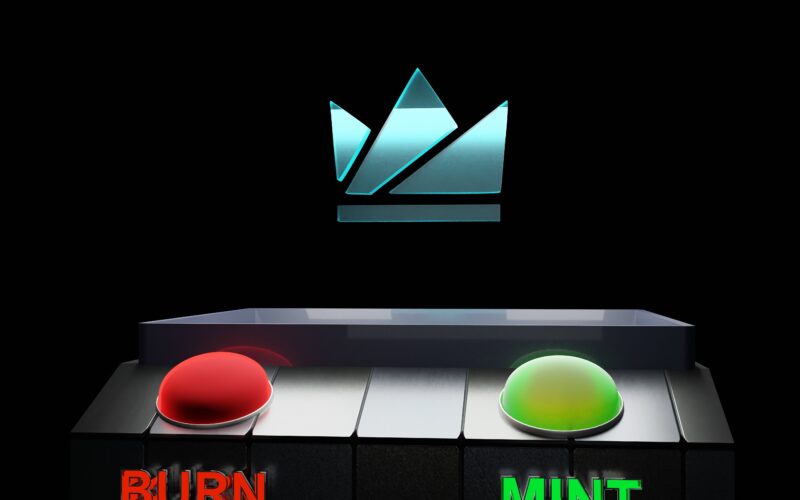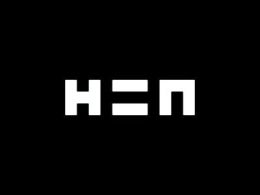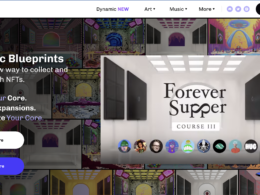Want to see a quick video that summarizes this article? Click here.
Introduction
NFTs are not limited to the world of art; they are branching out into various industries, unlocking exciting new possibilities. Let’s take a peek at some
emerging use cases for NFTs.
Exploring NFTs Beyond Art
While art has been the primary focus of NFTs, we’re seeing their influence extend to other realms and use cases. In the gaming industry, NFTs are revolutionizing ownership of in-game items and virtual assets. Collectibles, like trading cards and digital toys, are also finding their place in the NFT landscape. Additionally, virtual real estate is becoming a hot topic, with NFTs offering unique plots and digital spaces for users to explore and create within virtual worlds.
Potential Impact in Various Industries
NFTs hold immense potential in industries beyond art. In the music realm, artists can release limited-edition albums or exclusive concert experiences as NFTs, providing fans with exclusive access and collectible moments. Sports teams and athletes can tokenize memorable moments, turning them into NFTs that fans can own and cherish. Even the fashion industry is exploring NFTs, with designers creating virtual clothing and accessories that can be owned and traded. These applications highlight the versatility of NFTs and their ability to transform traditional sectors.
Exploring Blockchain Applications
NFTs are just one aspect of the larger blockchain revolution. As blockchain technology continues to evolve, it offers potential applications beyond digital ownership. Here are a few areas and use cases where blockchain is making an impact:
Decentralized Finance (DeFi)
DeFi has emerged as a revolutionary concept, allowing individuals to access financial services without intermediaries. Blockchain enables decentralized lending, borrowing, and trading, offering greater financial inclusivity and transparency. NFTs can play a role in DeFi by being used as collateral or fractionalized assets.
Supply Chain and Traceability
Blockchain’s immutable nature makes it ideal for supply chain management. With blockchain, it becomes possible to track and verify the origin, authenticity, and journey of physical goods. NFTs can be utilized to tokenize unique items within supply chains, ensuring transparency and trust.
Governance and Voting
Blockchain’s decentralized nature and transparent consensus mechanisms can revolutionize governance processes. By utilizing blockchain, organizations can create transparent voting systems, making it more secure and verifiable. NFTs can also be used to represent voting rights or ownership stakes in decentralized autonomous organizations (DAOs).
Conclusion
The future of NFTs and blockchain holds immense promise. As we explore new use cases, industries, and applications, it’s crucial to stay curious, open-minded, and adaptable. Embracing the potential of blockchain beyond NFTs allows us to envision a world where transparency, decentralization, and trust are at the forefront of various sectors. So, fasten your seatbelts, because the blockchain revolution is just getting started!

